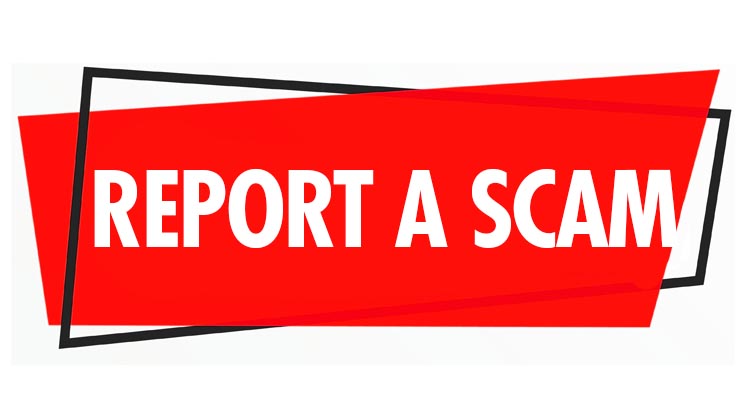This is a very brief description of a 419 scam Report Scam and I will not even scratch the surface here. Several aspects of the 419 scam goes beyond the scope of this article and I plan to discuss them in future articles. The 419 scam (Nigerian Four-One-Nine) got its name from the article of the Nigerian Criminal Code dealing with fraud.
Scammers often demand upfront payments for dubious reasons like processing fees, legal expenses or to bribe certain officials, therefore the scam also became known as Advance Fee Fraud. A 419 scam starts with an unsolicited e-mail from a scammer promising a huge sum of money, but the scammer will create the impression that you need to make a couple of upfront payments before you can lay your hands on this non-existent fund.
These upfront payments are normally a drop in the bucket, compared to the huge sum of money you will receive in the end. This makes the scam very attractive to unwary and uninformed people, who are desperate for some extra cash.
Prevention is the most important reason behind the successful identification of 419 scams, but this is not the only reason. Registrars, hosting companies, Internet Service Providers and Law Enforcement also need to familiarise themselves with the common characteristics of 419 scams, because their support and cooperation play a huge part in the battle against 419 fraud.
Unfortunately, many registrars and hosting companies fail to take a stand against the fraudulent activities of 419 swindlers. Registrars refuse to suspend the domains of known scammers and hosting companies fail to enforce their Acceptable Use Policies (AUP). There is a reason why registrars and hosting companies are hesitant to suspend the accounts of 419 scammers… Money!
These swindlers are their clients, so they are happy to host their fraudulent websites and support their spamming services. With some registrars unfortunately, you will never win, not even if you are Sherlock Holmes. They are simply ignorant to the 419 scam problem and do not care about the lives being destroyed by these scams.
To all the unethical registrars and hosting companies out there, don’t tell me you have a hard time identifying Advance Fee Fraud websites, if you own a groceries store, will you knowingly sell Marijuana to your customers? Perhaps that was a stupid question. If you don’t mind hosting a fraudulent website, you will probably have no problem selling Marijuana to your customers. But what is the big difference here?.
If the cops catch you selling illegal drugs to the public, you can kiss your store goodbye, but it is a common misconception that the cops won’t do a thing against a registrar who refuses to suspend the domain of a fraudulent website. The actual reason why registrars get away with murder is because complainants do not want to go through all the hassles of filing a complaint with the police and the cops sometimes do not have a clue how to approach a case like this, even if there are laws you can use to your advantage.
Yes, I am aware that your local police department won’t have any jurisdiction over a webmaster in a foreign country, but even if they did, you are unlikely to get anywhere with a case like this, if you don’t have deep pockets and the registrars know that.

